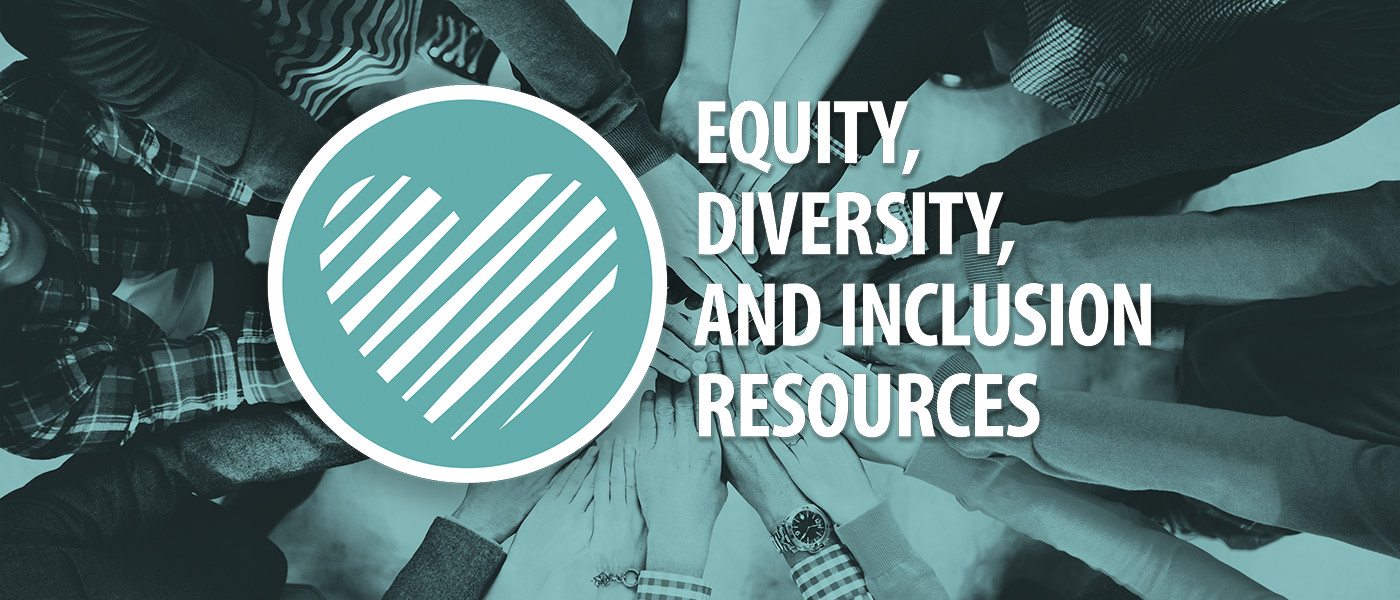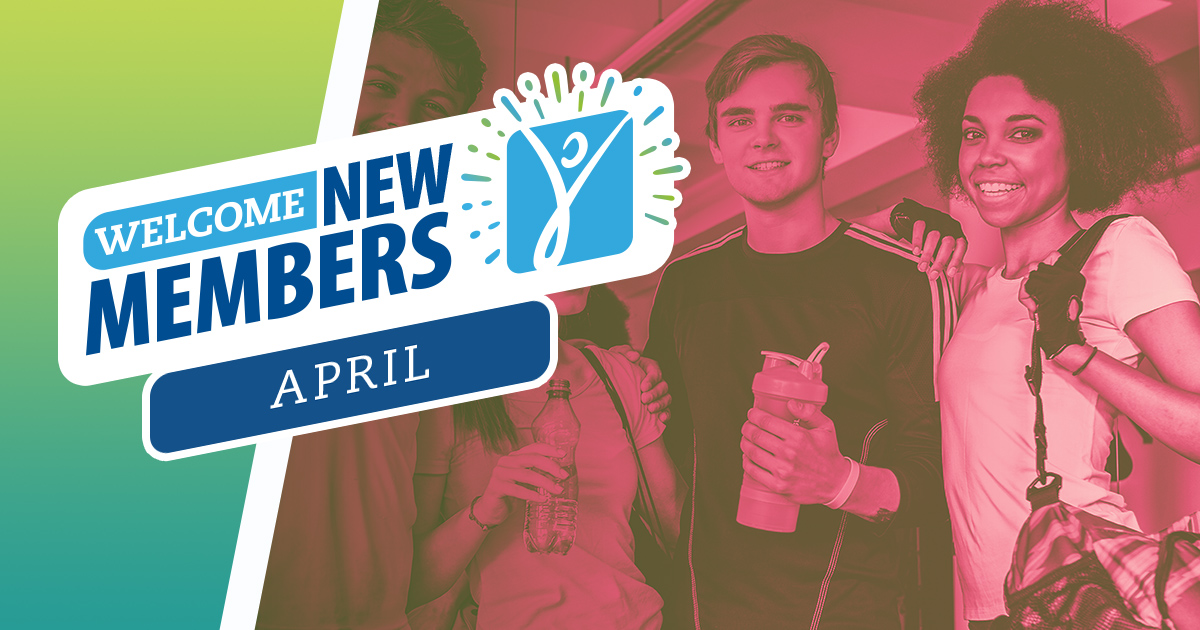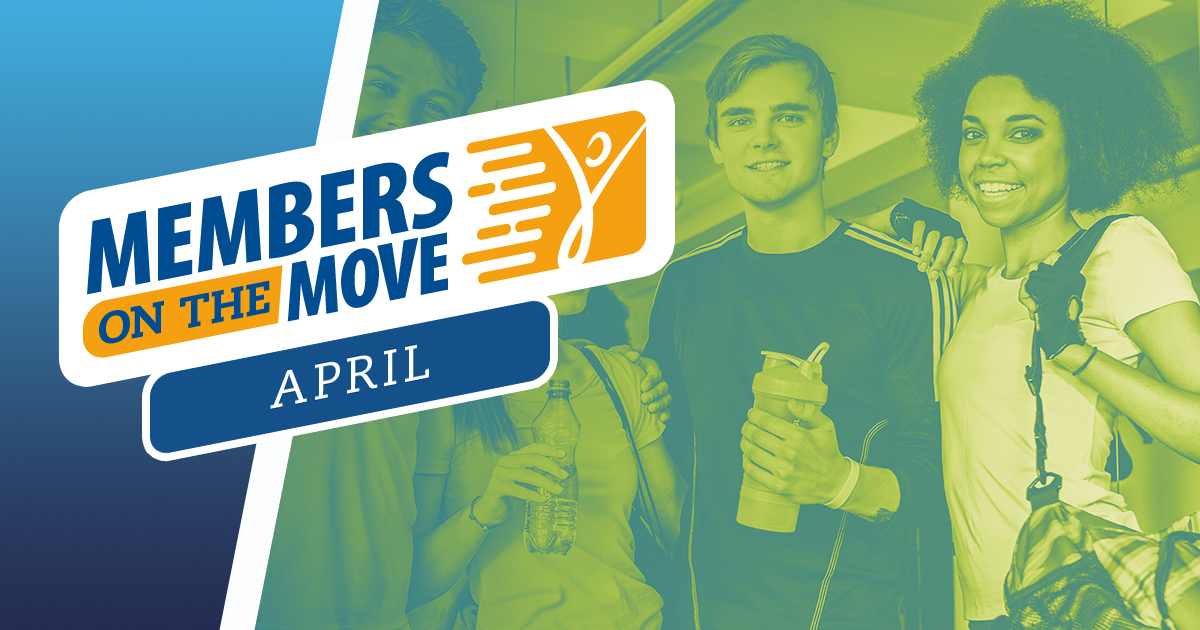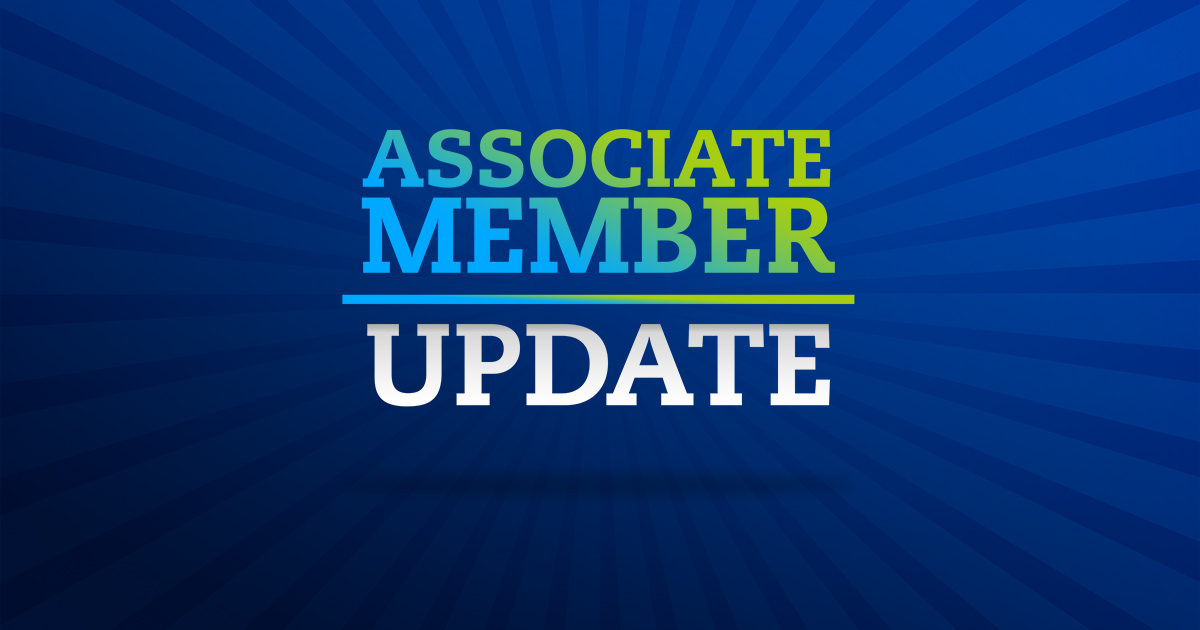On behalf of NIRSA’s Equity, Diversity, and Inclusion Commission, I invite you to take some time this week to review the resources below. Whether you choose to integrate them into an upcoming staff training or you are simply reading them to expand your understanding on the vital topics of equity, diversity, or inclusion, these resources can help shape your perspective on social justice.
Add your voice to the conversation
We encourage you to connect with colleagues from across North America on this important topic. Join NIRSA’s Equity, Diversity, and Inclusion Community of Practice today to find more resources or to participate in the online discussion.
Jason Foster is currently the Assistant Director for Sport Clubs at Colorado State University-Fort Collins; he can be reached at jason.foster@colostate.edu.






